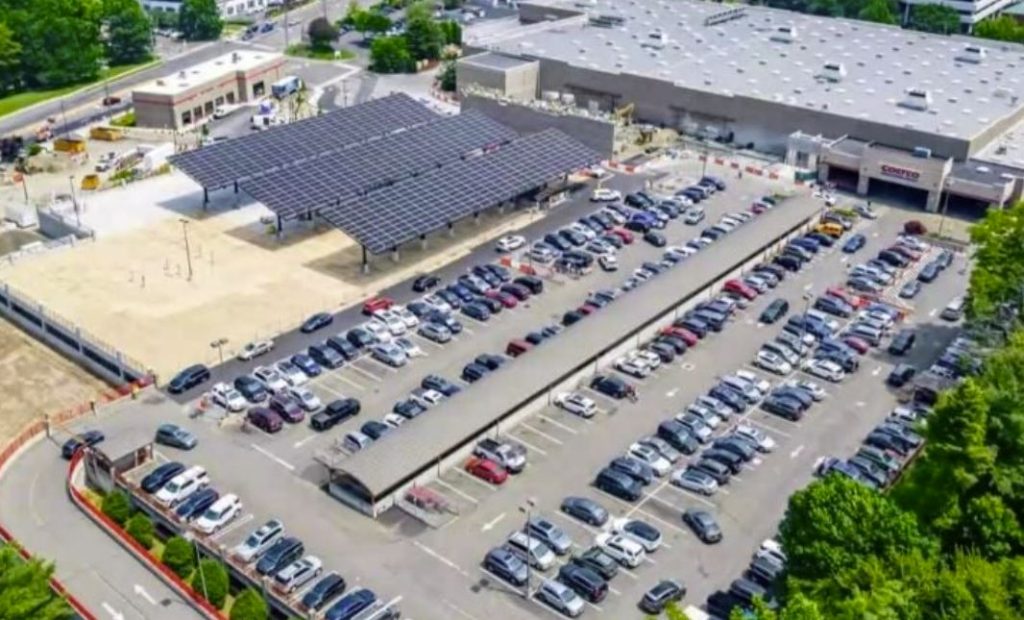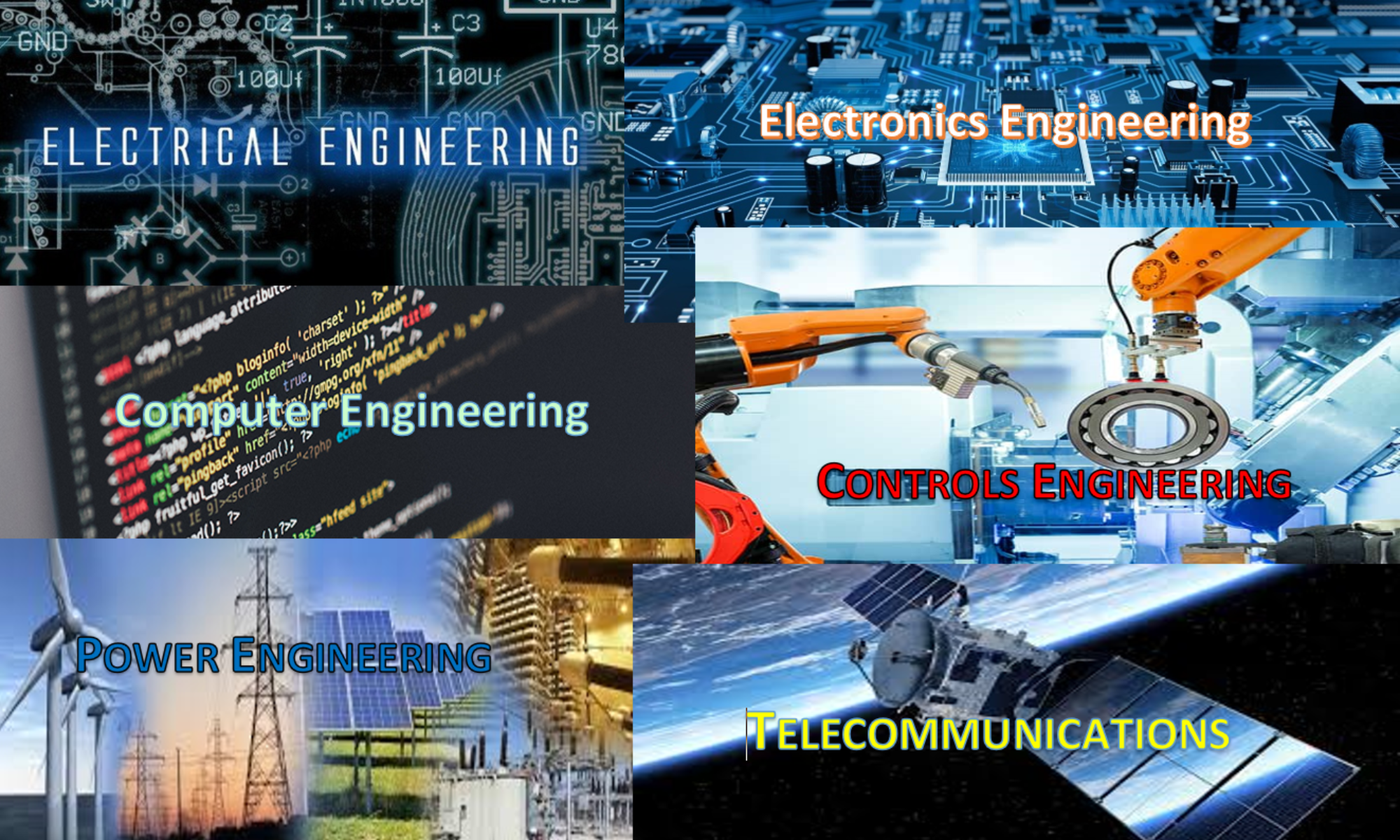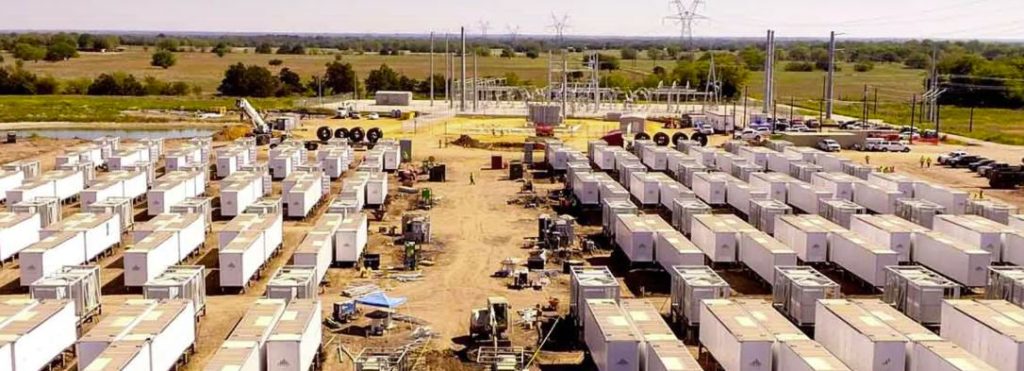From EEPower.com: Shannon Cuthrell

Costco is planning a new microgrid (off the grid) for its tire center warehouse in Norwalk, CT. “The modular battery and solar system, engineered and installed by Washington-based Trinity Energy, is designed to deliver up to 2 MWh per day without being tied to the grid. By choosing an off-grid design, Costco avoids interconnection delays and upgrade costs that often stall commercial electrification projects, while gaining a reliable on-site power supply.
Trinity Energy’s microgrid systems are flexible due to their modular architecture and scalable as off-grid infrastructure for sites like fleet depots, multi-family properties, and hospitality buildings. The company’s installations often integrate solar generation, battery storage, energy distribution systems, and inverters.”





